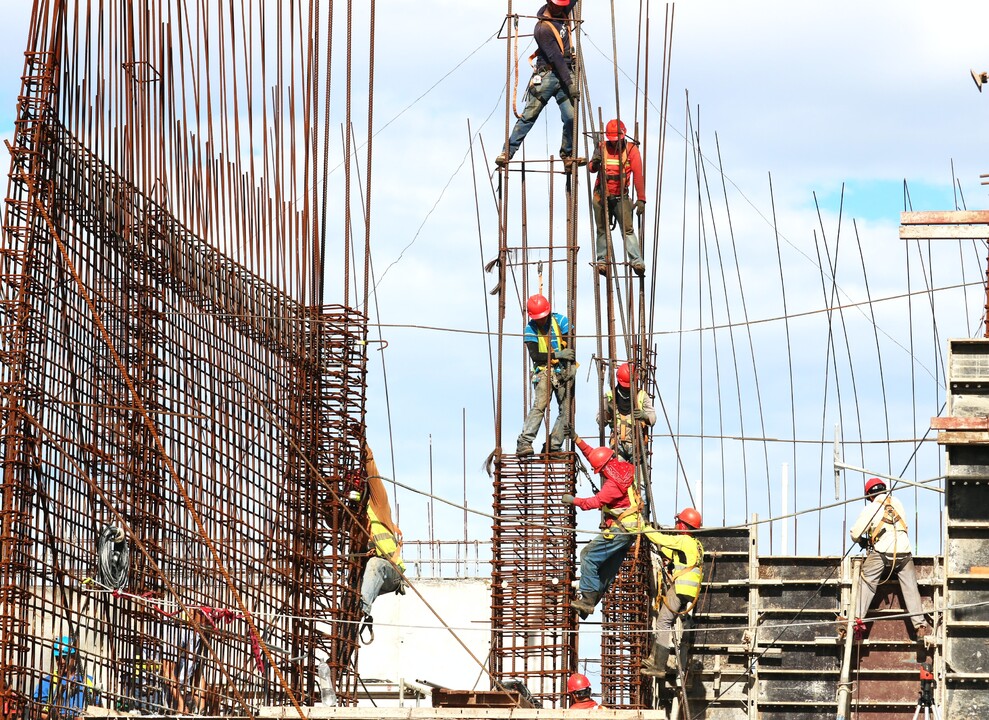Extensions Worth Adding to Your General Commercial Liability Coverage

One of the necessary tools for today’s general contractors and other key players in the construction industry is a commercial general liability policy. It covers your business from financial loss should you be held liable for property damage or personal injury caused by your work (and workers).
Known throughout the building trades as a CGL, the policy typically includes coverage for bodily injury and property damage liability, personal and advertising injury, and medical payments.
But a CGL doesn’t cover everything, particularly in the aftermath of Ohio Supreme Court decisions that clarified and restricted the types of coverage for common building “envelope” issues. Not surprisingly, contractors often want additional coverages that make up for any loopholes or uncovered liabilities in a CGL.
These can be found in various endorsements – also called extensions – to a CGL. Commercial insurers are more than happy to add them; typically a moderate increase in premiums is associated with enhanced coverages.
Here are a few to consider:
- Contractors business errors and omissions insurance protects companies and their workers or individuals against claims made by clients for inadequate work or negligence. For example, if the work of one of your subcontractors damages the work of another subcontractor – or even your own work – this endorsement will provide limited, additional coverage.
- Ongoing operations insurance applies to work considered in progress and only to an insured’s ongoing operations. This provides coverage for them and additional insureds for property damage and injury as work is actively underway on a project.
- Completed operations hazard insurance, which pays for damages caused by your work that occur after you complete a job.
- Builder’s risk insurance helps protect buildings and property under construction. On construction projects, it covers damages due to fire, lightning, hail, explosions, theft, vandalism, and acts of God (such as tornadoes and hurricanes). Since the contractor is typically responsible for the property until work is completed, this insurance removes some worry should a disaster strike during construction.
- Inland marine insurance covers material, products or equipment that moves or is transportable. It also typically covers property owned by someone else but stored at the policyholder’s location. Don’t think boats (which is where the name comes from); instead, think forklifts, bulldozers and all of the other expensive equipment on the job site.